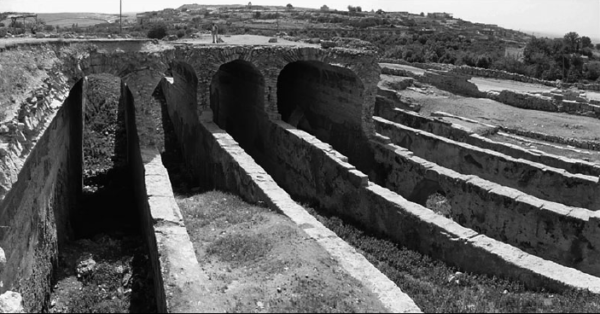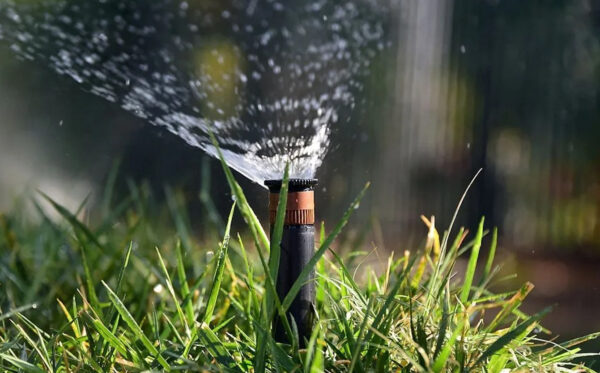
The Water-Saving Benefits of Sprinkler Irrigation Systems

The sprinkler irrigation system saves water by controlling the volume of water, reducing evaporation, surface loss, avoidance of over-humidity and drought, automated control system, night irrigation, rain simulation effect, and adjustable irrigation frequency. The sprinkler irrigation system is an efficient and water-saving modern irrigation tool that provides a sustainable water resource management solution for agricultural production, thanks to these characteristics.
Through the use of precise sprinkler head design and advanced control technology, the sprinkler irrigation system can achieve precise water volume control. With this precision, crops are given the water they need, preventing over-irrigation and reducing water waste.
Reduce evaporation and surface loss: Sprinkler irrigation systems evenly spray water on the land in the form of raindrops, which reduces the possibility of water evaporation and soil surface loss compared to other irrigation methods. By doing this, the loss of water resources during the irrigation process is effectively reduced and water use efficiency is improved.
Avoid overly wet areas and drought areas: Sprinkler irrigation systems can adjust the amount of irrigation water based on real-time soil moisture and meteorological conditions to ensure that each area receives the appropriate amount of moisture. By avoiding overly wet or dry areas, water use efficiency is maximized.
Automated control systems are present in advanced sprinkler irrigation systems that can automatically adjust irrigation parameters based on a variety of factors. This kind of automation system not only improves the flexibility of the system, but also reduces the possibility of human operation errors, ensures the accuracy of irrigation, and thus saves water resources.
Night Irrigation is possible through the automated control system of sprinkler irrigation systems, which takes advantage of lower temperature and humidity conditions and reduces water loss through evaporation. By using this nighttime irrigation method, water retention is maximized and irrigation efficiency is improved.
The sprinkler irrigation system sprays water evenly in the shape of raindrops, simulating the way natural rainwater works. By simulated effects, soil permeability can be increased and water loss across the soil surface can be reduced, thus reducing water consumption.
The irrigation frequency can be adjusted by the sprinkler irrigation system to match the crop’s growth stage and meteorological conditions. The effective use of water can be increased by reducing irrigation frequency during periods when plant water needs are lower and when plant water needs are lower.
You may also like



